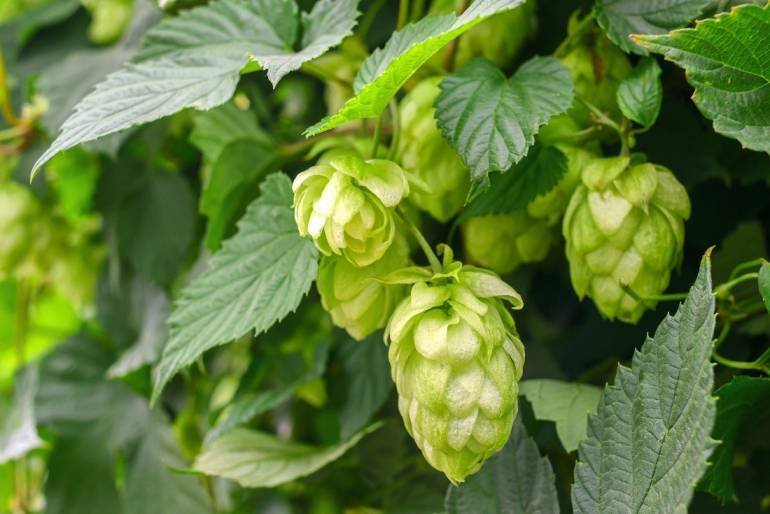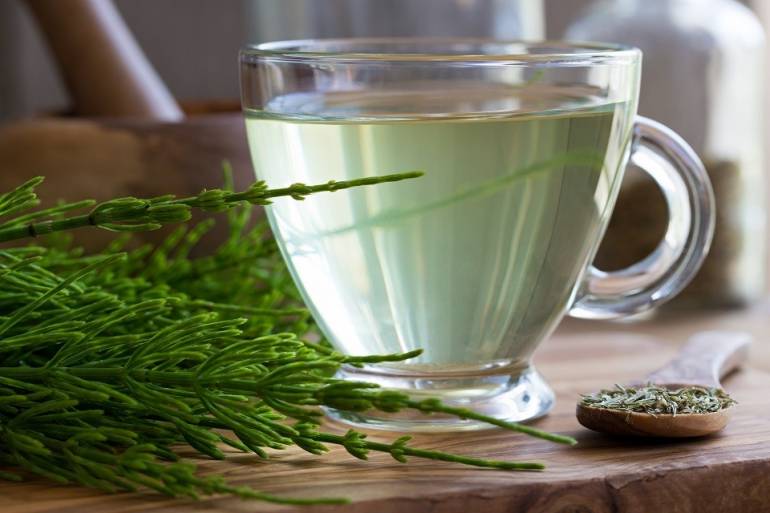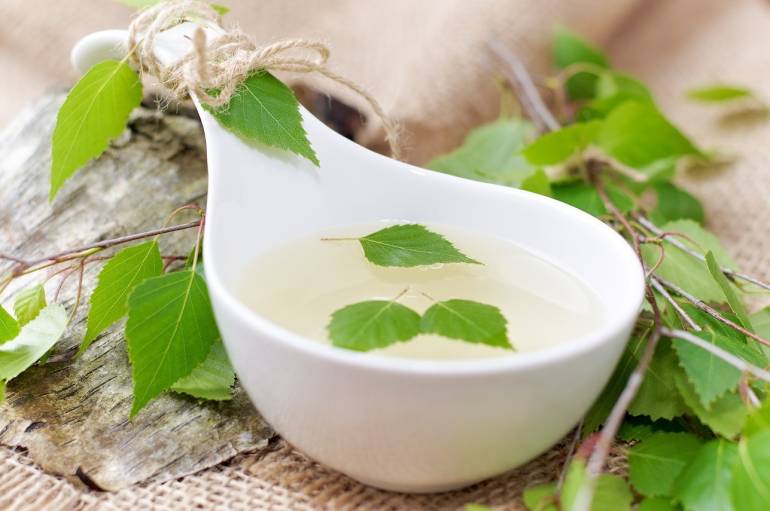Stress is now an integral part of our lives. Haste, excess responsibilities, fatigue, new challenges, fast pace of life, professional pressures – these are just a few of the causes that many of us have to deal with on a daily basis. They are invariably accompanied by stress and nervousness. In such everyday situations, it is worthwhile to help ourselves with natural ways to cope with stress. What herbs for stress and nerve relief? In what form – herbal teas, dietary supplements or aromatherapy essential oils?
Stress is a natural physiological process aimed at adapting the body to changing external conditions. It causes the body to put itself in a state of readiness, and this is manifested by the secretion of hormones that trigger a series of reactions in our body. The secretion of epinephrine and norepinephrine results in: dilation of blood vessels, increase in blood pressure, acceleration of the heartbeat, dilation of the pupils and activation of energy reserves. As a result, cells are better oxygenated and the body is prepared to face a new challenge.
Stress is intended to activate, cheer you on and increase productivity, but prolonged or too frequent states of nervous tension are dangerous to the body. They manifest themselves as: deterioration of mood, problems with the digestive system (abdominal pain, diarrhea, constipation), headaches, excessive sweating, insomnia, difficulty concentrating, decreased productivity, general fatigue and irritability. Chronic or constantly recurring stress increases the risk of developing serious and health-threatening diseases, such as peptic ulcer disease, hypertension, coronary heart disease and heart attack. To prevent their development, it is useful to know how to deal with stress.
Herbs – naturally for stress
Herbs are good for daily stress management – they help calm the nervous system, relieve tension and anxiety, help regain a sense of well-being, make it easier to fall asleep and help maintain healthy sleep. They are also a good solution for springtime despondency – herbs help you get through periods of lower mood associated with the seasons. Importantly – herbs are not addictive and can be used in many ways. They have a mild effect and can be used for a long time without side effects.
Herbs for stress can be used in many ways. Herbal teas are the most popular, but herbal supplements for stress are also very popular. At home, it is also worth taking advantage of the beneficial effects of essential oils – aromatherapy in the form of a bath with herbal extracts will certainly bring relief to overstressed nerves and relieve tension.
What herbs for stress and nerve relief?
Here are the most popular herbs for sedation:
Angelica – the roots and fruits of this plant have a calming effect on the nervous system, relieve migraines and nervous system disorders, and have a positive effect on digestion and metabolism. Angelica is a common ingredient in herbal calming mixtures.
Hops – is a plant that has been known for centuries in herbal medicine, and has sedative and sleeping properties. The active compounds of hops inhibit the activity of the cerebral cortex, calming and sedating, which is why it is recommended for combating stress and having difficulty falling asleep. Hops is a common ingredient in blends and herbal supplements for stress and sleep problems.
St. John’s wort – is beneficial for emotional balance and has antidepressant properties. Regularly drinking herbal St. John’s wort tea helps cope with daily stress, but at the same time increases the body’s sensitivity to light.
Valerian (valerian) – is one of the most popular herbs with calming properties. Active substances contained in valerian calm the nervous system, reduce tension and anxiety. As a result, they make it easier to fall asleep, induce a state of relaxation and improve mood. Trestle is one of the main ingredients in herbal teas for sedation and dietary supplements for stress.
Lavender – an infusion of lavender flowers relieves headaches and dizziness, lowers blood pressure and calms. Lavender essential oils are often used in aromatherapy, relaxing and making it easier to fall asleep.
Lemon balm – herbal teas made from lemon balm leaves have a mild flavor and a delicate lemon aroma, and are popular for relieving states of nervous agitation and difficulty falling asleep. Not only does lemon balm have a soothing effect on the nervous system, but also on gastrointestinal complaints against a nervous background.
Passionflower (passiflora incarnata) – herbal raw materials from this exotic vine are rich in flavonoids with anti-stress properties. They help cope with sleep disorders, nervous hyperactivity and anxiety.
Verbena – this aromatic herb often found in home gardens strengthens the nervous system, calms and facilitates falling asleep. In addition, it helps relieve migraine pains and stimulates metabolism.







